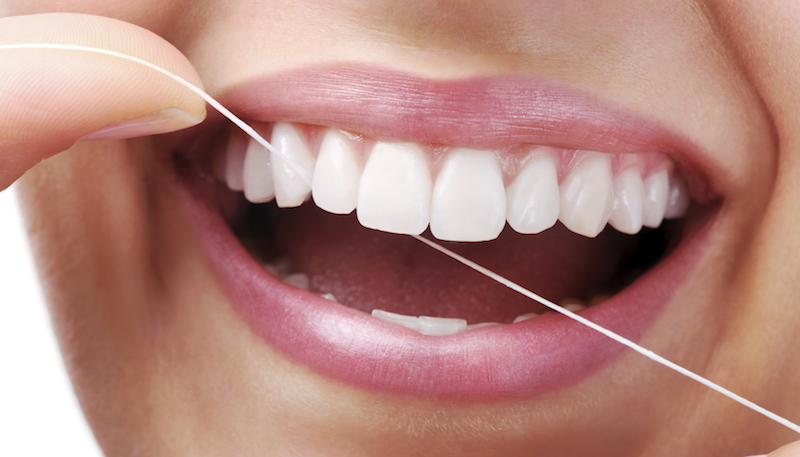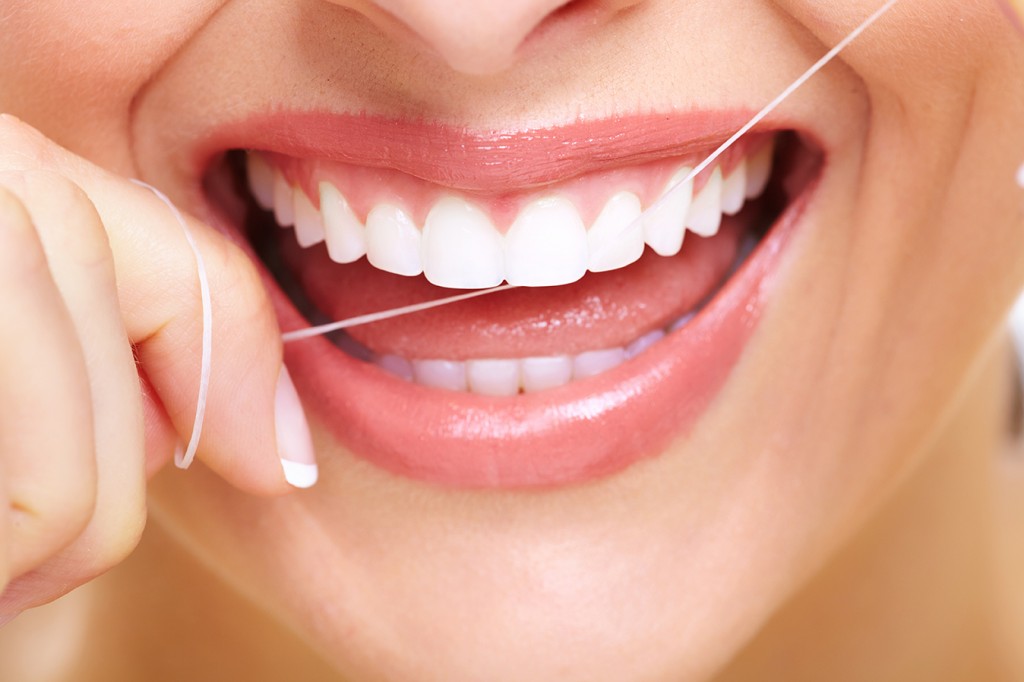Why Flossing Is Now More Important Than Ever

Common knowledge dictates that the act of flossing is good for your teeth. Dentists and health experts have been advocating the use of minty-flavored strings as a complement for goo d old brushing for years and years.
But now, the Associated Press has dropped the big bomb on us all. They have announced in findings and researches that flossing does little, if not anything at all for our teeth and gums. Have we been tricked by the dental industry? You could have imagined how people all over the world took to this piece of shocking news. No, they didn't form an angry mob and storm the nearest floss company. They searched for their bags and medical cabinets and took one hard look at their waxed, minty product. They probably threw the whole thing down the drain in disgust.
Before we get all irrational and downright depressed, hear what we have to say. Put down the pitchforks and carefully retrieve your favorite floss in the trash can. While it's certainly true that there's near-zero evidence in trying to keep our teeth's health via flossing, humanity should still put in a few minutes a day for it. Why, you ask? Dentists know the fact, and yet they'd still tell you to floss in addition to brushing your teeth. No, they're not in it for the money. They're not trying to fool you. In fact, their intentions as a dentist are pure and true. And here's why.
You can still probably hear your dentist's advice- flossing is good because it removes the plaque and minute debris stuck in-between our teeth. Keep the stuff in there, and it eventually turns into gum disease and tooth decay. The Associated Press has disrupted that knowledge, stating that flossing is not proven to prevent the buildup of gunk. Which means flossing isn't proven to help eliminate gum disease and decay. There's a few more benefits in flossing, though it's too insignificant in the bigger picture of things. The cold, hard truth is that there's simply no evidence. The federal government has even stopped supporting the use of floss and now recommend the public to not use it anymore.

Is it the end of the world for flossing? Not quite. To tell you the truth, the lack of evidence in flossing is nothing new. One Journal of Evidence editor named Scott Tomar has proclaimed that the information regarding the use of floss has been sparse, at best. What's more, the dental public health community and dental practices have not kept the lack of information from spreading, and yet they still recommend using floss. Why do they keep recommending these waxy, minty strings then? We can look at it at a different angle. The fact is that dental health benefits regarding flossing has not been proven to a degree. What's also true is that flossing is also not yet disproven. It's not for lack of trying, as scientists have been at it for years.
Lab tests have shown that the act of flossing can reduce gum bleeding and gum inflammation. It makes sense that flossing is beneficial to gum health, right? But there's a fine line in between. What's keeping it from being a force for good? The lack of long-term results. The studies are only weeks, and they are limited because they could not track progress in the long-term. But what if it can be proved or disproved via a longitudinal, real life study? To which lies a problem. National Dental and Cranofacial Institute Research employee Tim Iafolla states that a large study in epidemiological scale could prove to be very, very difficult. One, it's hard to invade someone's privacy, especially at home. You can't put cameras and monitor how they care for their teeth. You can't force them to floss when you want them to.
To get to a long-term study, you will need to invest a lot of time and money into it. Researchers can get good, convincing data if they run a study that lasts for years and years, involving groups of both non-flossers and flossers. What's to say the non-flossers might take to flossing a few times a week in a spur of the moment? None. But this kind of scale can easily fetch the $10 million funding mark, which isn't there. National health institutes have limited funds, and disproving the effects of flossing isn't necessarily on top of their to-do list as far as public health is concerned. Therefore, the funds will have to come from major companies such as Crest, but therein lies the potential for manipulation and bias.

Also, would the non-flossing group agree to the ethical conundrum that they shouldn't floss just because for research purposes? What if at the end of the long-term study flossing is indeed beneficial for gum health? It's risky for these chosen people, to say the least. Being safe is better than being sorry. This is the exact reason why dentists still continue to recommend flossing, even if there's little evidence.
And so until flossing is disproven, dentists will still say that you should floss daily. And why not? It's cheap and it doesn't hurt to try. You can easily add it to your dental health regimen. It only takes a few minutes. There's no danger to it. The only problem with it are overzealous flossers who invariably damage their gums or any dental work by flossing too much. On the flip side, not flossing presents some risk if at the end of the day flossing is proven to help against tooth decay and gum disease.
The ADA, or American Dental Association wholly recommends flossing and continues to be an advocate for it. They recommend using it in conjunction with dental visits and regular brushing. There's simply no bad publicity for flossing. In fact, it may do some good for the people who are unaware.

People from all over the world will be visiting their dentists just to hear their side of the story. ADA Science Institute Vice President Marcelo Araujo thinks there would be an increase in dental visits for this news alone, which makes it overall a good thing.
And why not? Visit your dentist and hear what they have to say before throwing your floss in the trash altogether.








